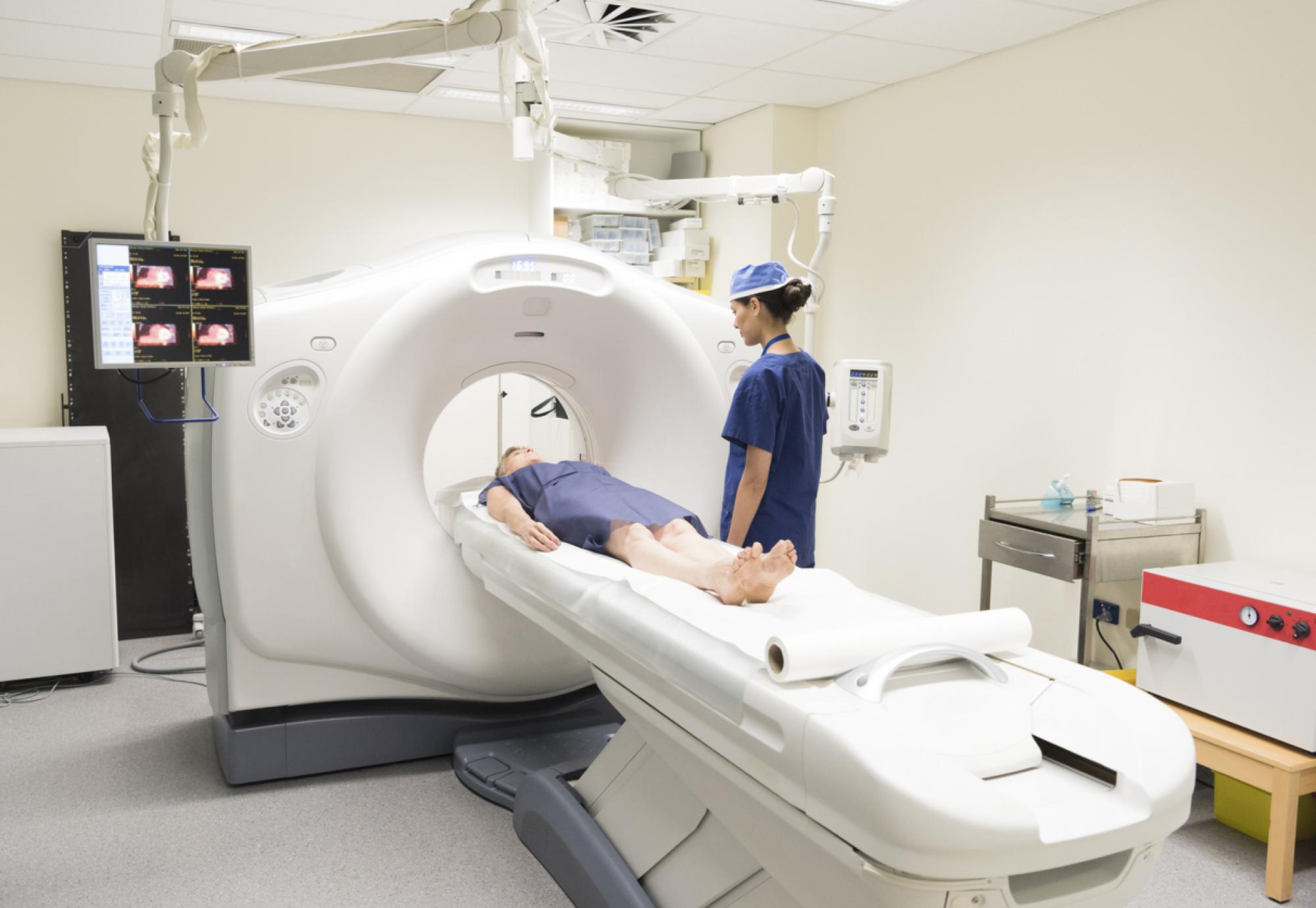Guy’s and St Thomas’ NHS FT and King’s College London, have launched a new radiochemistry unit that produces tracers to help identify cancers and other complex conditions. The £41m Positron Emission Tomography (PET) Centre has been rebuilt over the past eight years, and was first established in 1992. The centre has three scanners in St Thomas’ hospital suite, and Guy’s Cancer Centre is home to one.
The centre will include a new cyclotron (a particle accelerator that produces radioactive isotopes), and a radiochemistry laboratory, where the isotopes will be chemically attached to medicines to generate the radioactive tracers for PET scans.
Due to the short life of the tracers, being able to manufacture them internally, allows the centre to make the best use of the specialist scanners and highly trained staff.
This will help provide a fast and accurate diagnosis and follow-up for patients across south-east London, ensuring the best possible treatment is provided. It is the only NHS centre in England to have a licence granted by the Medicines & Healthcare products Regulatory Agency (MHRA), in order to produce the tracers from radioactive isotopes for clinical use.
Professor Ian Abbs, chief executive of Guy’s and St Thomas’, said: “Improving the quality of patient care is at the heart of everything we do at Guy’s and St Thomas’ and we have made significant investment in our imaging services in recent years to enhance both clinical service delivery and research, working closely with King’s College London.
“This has included investment in our PET Centre, as PET scans are key to diagnosis and treatment for patients with a number of conditions, including some cancers.
“I am delighted that the new cyclotron and radiochemistry laboratory have now been licenced by the MHRA as this will ensure we are able to produce the most modern radiotracers, to the highest standard, onsite next to our scanning suite for the benefit of our patients now and in the future.”
Important research will be carried out by staff at the centre looking into the development and evaluation of new tracers, co-ordination of national cancer trials using PET-Computed Tomography (CT) imaging, and new PET technology and data analysis methods. The centre plans to start production of a range of tracers for different clinical applications, over time.
Professor Sebastien Ourselin, Head of King’s College London’s School of Biomedical Engineering & Imaging Sciences, said: “This is a critical milestone for our PET Centre. This achievement will further propel our innovative pipeline of new compounds, enabling us to provide the best care to our patients. I would like to congratulate the entire team for this exciting development.”



















